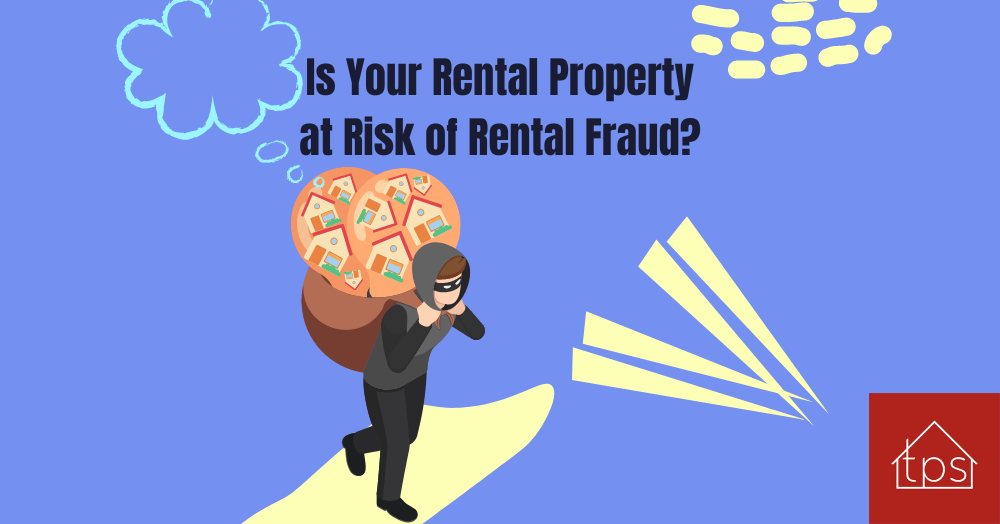
Is Your Rental Property at Risk of Rental Fraud?
With the cost of living crisis dominating headlines it seems that the UK is heading for a recession – fast. And the fallout of an economic downturn can be a costly one for landlords. Today we discuss why.
While issues such as unpaid rent, tenant disputes and loss of employment are always a risk, these are more prevalent during recessions.
In addition, rental fraud is on the up, so it’s essential to protect your investment and be on high alert.
There are two types of fraud landlords need to be aware of.
Fake documents
Fake documentation includes doctored payslips and bank statements, bogus references and forged proof of identity. With sophisticated software, it can be hard to tell which documents are real or not, so thorough reference checks are more important than ever.
A phony tenant could cost a landlord upwards of £30,000 in unpaid rent, legal costs and eviction orders.
How to avoid fake documents
Use a trusted and experienced letting agent to find and vet prospective tenants.
Unfortunately, fake documentation is becoming more common, and agents know what to look out for and which questions to ask.
By skipping the reference stage or asking for minimal documents, landlords are at a higher risk of being defrauded.
Subletting rooms
Rents are at an all-time high and some tenants may supplement their rent by subletting rooms without agreement from their landlord.
Landlords should be wary of subletting due to the following reasons:
- Could cause a landlord to default on mortgage/insurance terms
- Loss of control over the rental property
- It’s harder to evict a subletting tenant
- Property maintenance issues could go unreported
If you’re a landlord concerned about rental fraud, contact us to discuss how we can assist.